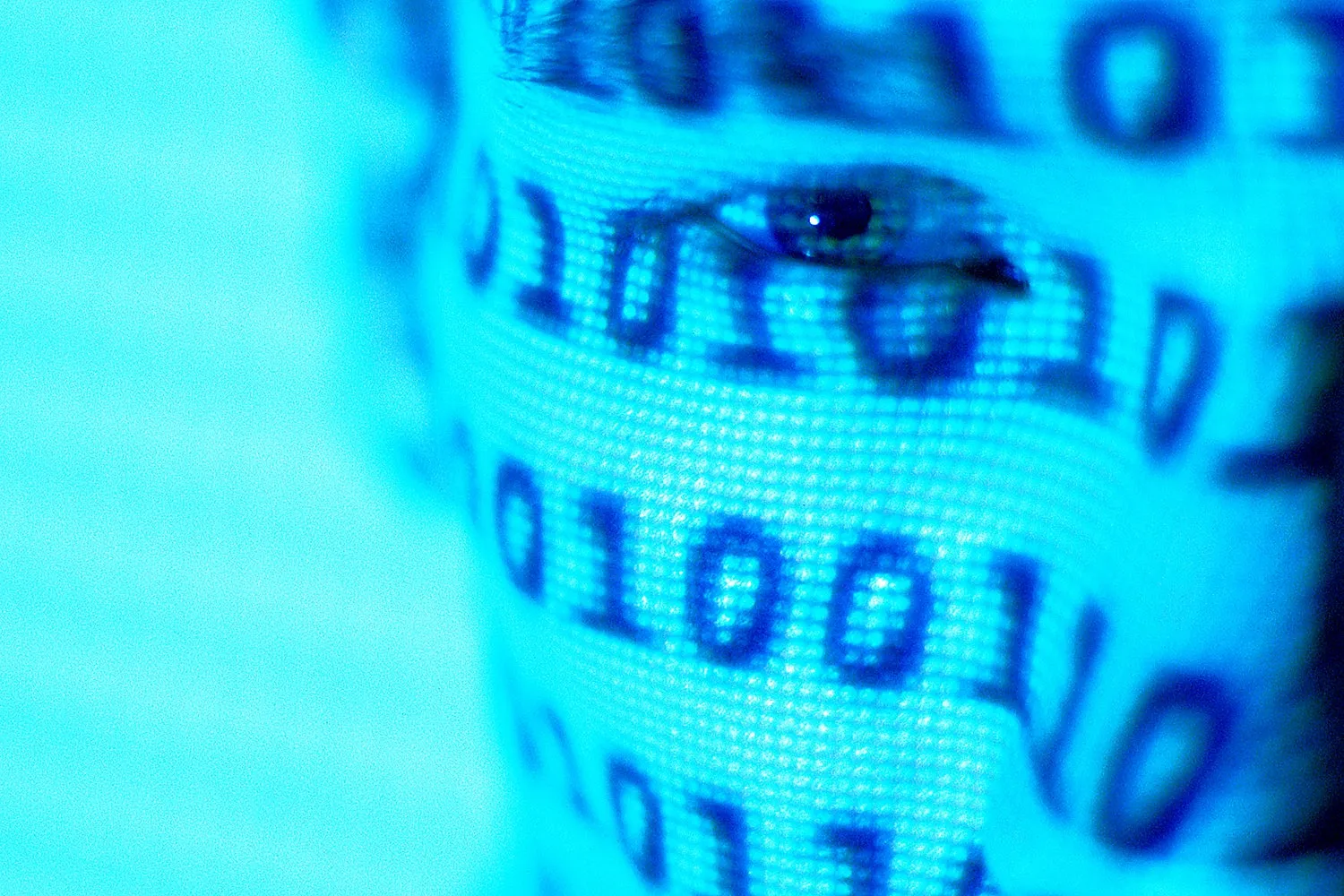Generative AI and the Future of Privacy with Face-Recognition Glasses

Understanding the Impact of Generative AI on Privacy
Generative AI is reshaping our interactions by integrating cutting-edge technologies into everyday devices. One of the most groundbreaking applications is the advent of face-recognition glasses.
The Revolutionary Technology Behind Face-Recognition Glasses
Imagine wearing smart glasses that can identify people you meet. This innovative use of augmented reality allows for seamless connections. When you engage in conversations, these glasses provide instant information about the person, enhancing your social experience.
- Immediate Contextual Information: No more wondering if you've met someone before. Just look, and your glasses will provide their name and context.
- Reduced Social Anxiety: Generative AI-powered glasses may help alleviate social awkwardness in large gatherings.
Privacy Concerns
- Intrusion Risks: While beneficial, these glasses raise questions about consent and privacy.
- Potential for Misuse: The easy availability of personal information could lead to surveillance issues.
In the midst of all this excitement, it’s important to question the ethical dimensions of deploying such technology widely.
Societal Implications
As we embrace generative AI tools in augmented reality, the conversation about privacy must evolve. Are face-recognition glasses a boon for social interaction or a dangerous tool for invasion?
This article was prepared using information from open sources in accordance with the principles of Ethical Policy. The editorial team is not responsible for absolute accuracy, as it relies on data from the sources referenced.